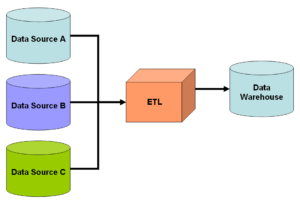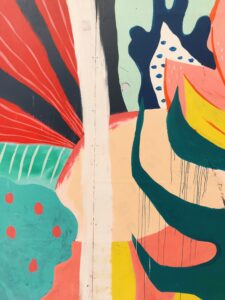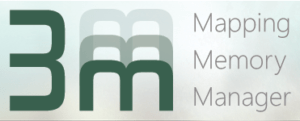— Jingyi Long, LINCS undergraduate research assistant — In my first meeting this summer as a data science research assistant, we each followed our personal introductions with declarations of our favourite ice cream flavours. Mine was and continues to be Häagen Dazs’ Strawberry Cheesecake ice cream, and I was pleasantly surprised to learn someone else […]
— Ze Xi (Jessica) Ye, LINCS metadata co-op — During my graduate courses in the Faculty of Information at the University of Toronto, I gained a high-level understanding of Linked Open Data (LOD) and the CIDOC CRM ontology, a theoretical and practical tool for information integration in the field of cultural heritage. Because I am an Archives […]
— Kate LeBere, LINCS vocabularies and documentation co-op — If each part of a ship were replaced over time, when, if ever, does it become a new ship? Little did Heraclitus, Plato, and others know that the problems posed by the “Ship of Theseus” paradox would continue to vex digital humanists in the twenty-first century. […]
— Emily McKibbon, LINCS metadata co-op — My first job in the museums field was in 2008, right at the height of the Great Recession. The digitization team I joined had just lost roughly a quarter of their staff in a series of buyouts and layoffs, and the mood was grim. We were tasked with […]
— Justin Francis, LINCS Junior Programmer — A general Extract Transform Load process In data science there is a commonly used process called extract-transform-load (ETL). ETL involves three main steps: 1. Extract data from a source, 2. Transform the data via data cleansing and data manipulation, and 3. Load the transformed data to a data […]
— Sarah Mousseau, LINCS undergraduate research assistant — In the summer of 2020, I was hired as a research assistant with the University of Guelph’s Bachinski/Chu Print Study Collection. Initially, my job entailed the care and maintenance of the objects in the collection with a few other tasks as assigned. Of course, the arrival of the […]
— Devon Hayley Farrell, LINCS metadata co-op — If there’s one thing I have learned during my library, archival, and information graduate studies, it is that information institutions are adverse to change. The archival profession progresses at a glacial pace. This is juxtaposed with the leaps and bounds made in information technology over the past […]







